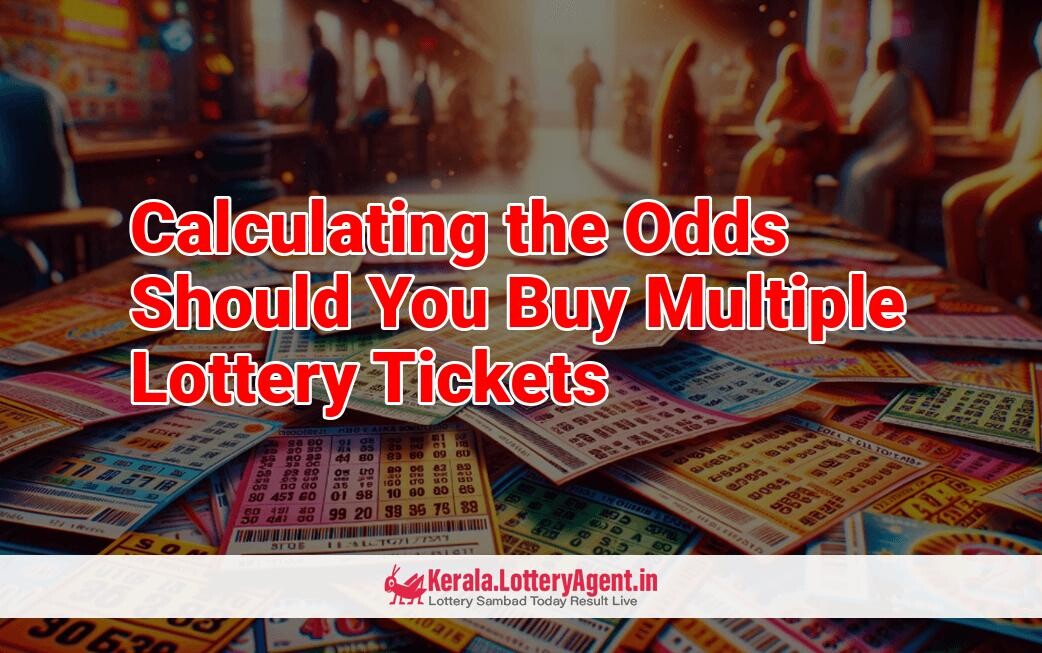
The enticement of winning a colossal jackpot through a lottery is a thrill many can’t resist. Yet, the astronomical odds coupled with the minuscule probability of a win often lead people to wonder whether participating is an exercise in futility. With odds typically stacked at one in a million or even one in a hundred million, winning seems to hover on the edge of impossibility.
This draws the question to the fore: Can the purchasing of additional lottery tickets substantially increase one’s chances of a jackpot? This article endeavors to resolve these queries, delving into the nuances of lottery probabilities and the practicality of multiple ticket purchases.
Embarking on this numerical journey, consider playing the US Powerball lottery. To win, you must match five numbers plus a unique Powerball number. With a single ticket, your odds sit at an elusive 1 in 292,201,338. Procuring a second ticket nudges the odds to 2 in 292,201,338 and a third ticket to 3 in the same number. In theory, if one were to purchase all 292,201,338 possible ticket combinations, amounting to an eye-watering $584 million expense, victory would be guaranteed. Nonetheless, this isn’t a practical or financially sound strategy for the everyday lottery enthusiast.
Thus, even if a player has the financial capacity to invest $584 million in lottery tickets, the immense cost compared to the anticipated return on investment makes this approach untenable. Looking at the bigger picture, the difference between odds of 1 in 292,201,338 and 2 in 292,201,338 is virtually negligible. Rather than buying a multitude of tickets, adopting certain lottery strategies may be a more effective way to play.
From a practical standpoint, purchasing a single ticket from different lotteries appears to be a smarter move, as it affords the chance of winning from multiple draws. While buying two tickets for the same lottery slightly improves the odds, they still remain daunting. For instance, the one in 302,575,350 odds of snagging the Mega Millions jackpot only marginally increase with the acquisition of a second ticket.
Entertaining the thought of buying all possible combinations for a lottery like Mega Millions leads to a projection of around $605 million – another exorbitant sum with limited appeal. It becomes clear that smaller lotteries, with their more favorable odds, might be the better bet. Richard Lustig, a renowned seven-time lottery winner, attributed his success to his ability to pick lotteries with the best winning rates.
So, what stands as the record for the most lottery tickets bought by a single person? Jerry Dagrosa, on behalf of Gerald and Majorie Selbee, set this mark in 2011 with the purchase of 307,000 tickets for the Massachusetts Cash Winfall lottery at $2 each, totaling $614,000. This underlines the potential for significant spend without any guarantees of victory.
When deciding how many tickets to buy, opting for a single ticket is the consensus. The rationale is simple: spreading tickets across multiple draws is a wiser investment than banking on a single drawing. Moreover, buying separate lottery tickets for consecutive draws offers renewed chances each time, versus the static odds of purchasing multiple tickets for a single lottery.
In today’s digital age, where convenience and security reign supreme, the best place to buy lottery tickets is online through reputable lottery provider websites like TheLotter, LottoAgent, and Lottofy.
It is worth noting that lottery corporations remain oblivious to the whereabouts of the large winnings; they cannot determine which states or individuals will secure the winning ticket. The randomness of lotteries ensures that all players stand on equal footing when it comes to the odds of winning.
In conclusion, while buying more tickets slightly improves one’s odds, the substantial financial outlay required provides a stark reminder of the inherent gamble involved in chasing lottery fortunes. Whether budget allows for one ticket or a handful, each should be purchased with a blend of optimism and practicality, hopeful for a lucky break but mindful of the miniscule chances that underscore the lottery experience.











